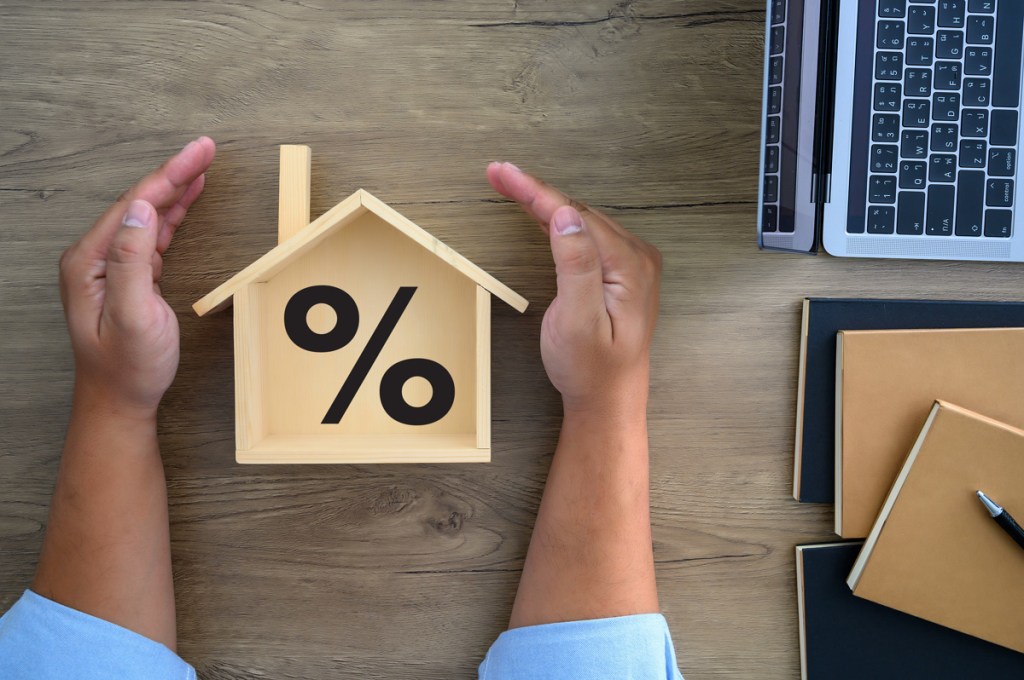Average U.S. mortgage rates for a 30-year fixed mortgage rose to 2.99% this week from 2.96% last week, Freddie Mac said in a report on Thursday.
The average 15-year rate rose to 2.54% from 2.46%, according to the mortgage financier.
The upward moves come after the Federal Housing Finance Agency approved a new “adverse market” fee for refinancings to compensate Fannie Mae and Freddie Mac for the additional risk posed by the economic crisis caused by the COVID-19 pandemic.
“The fact that Fannie Mae and Freddie Mac are assessing a 50 basis point adverse market fee on refinancings is not something that will reassure lenders, whether for refis or purchase loans,” said Keith Gumbinger of HSH.com. “That was a beacon telling the market `There’s a lot of risk out here,’ and that’s going to put upward pressure on rates.”
The course of the economic recovery is dependent on whether Congress will address the COVID-19 pandemic, Moody’s Investors Service said in a report on Thursday.
Speaker Nancy Pelosi (D-CA) called the House of Representatives back from its traditional August vacation this week, but the Senate remains on summer break and currently isn’t scheduled to be back in session until Sept. 7.
The Moody’s report panned the four directives signed by President Donald Trump on Aug. 8 that he said would address the lapse in beefed-up unemployment benefits and other issues.
“The recent executive actions meant to provide relief to vulnerable households are subject to implementation risk and too limited in scope to provide significant support to the economy,” the Moody’s report said.
Even with the increase this week, mortgage rates remain low and will support the economy with home purchases and renovations, said Sam Khater, Freddie Mac’s chief economist.
“Purchase housing demand continues to accelerate, ultimately providing support to an economy that otherwise has stagnated,” Khater said. “The surge in sales led to a rapid increase in the demand for remodeling and home furnishings as consumers look to renovate while adjusting to home life during COVID.”







